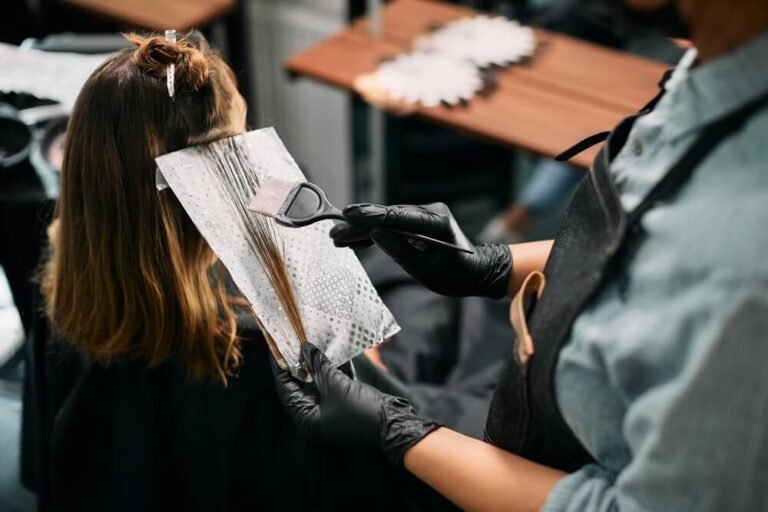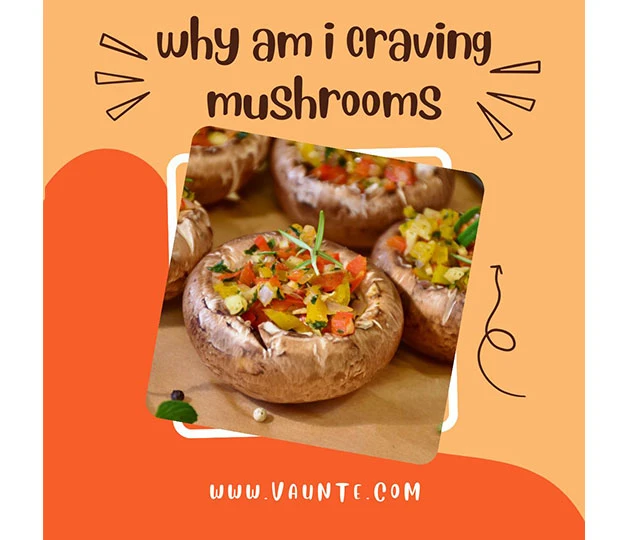Activate Windows and Office with KMSAuto 2024 – Download and Setup Guide
KMSAuto 2024 is a popular tool used to activate Windows and Office products easily. Many users look for a reliable way to activate their software without hassle, and KMSAuto 2024 offers a simple solution. This program helps activate different versions of Windows and Microsoft Office, making sure your software works fully without interruptions.
Using KMSAuto 2024 is straightforward. After downloading the tool, you can quickly set it up on your computer. The activation process is fast and does not require complicated steps. This makes KMSAuto 2024 a favorite choice for many who want to avoid the usual activation problems.
One of the main benefits of KMSAuto 2024 is that it supports a wide range of Windows and Office versions. Whether you have Windows 10, Windows 11, or various Office editions, this tool can help activate them all. It works by emulating a Key Management Service (KMS) server, which tricks the software into thinking it is properly licensed.
It is important to download KMSAuto 2024 from a trusted source to avoid any security risks. Once installed, the tool runs smoothly and activates your software without needing an internet connection. This offline activation feature is very useful for users with limited or no internet access.
Understanding KMSAuto 2024 for Windows and Office Activation
KMSAuto 2024 is a tool designed to activate Microsoft products quickly and easily. It uses special KMS technology for activation, which allows users to activate Microsoft products without needing a traditional license. This means software activation without license is possible, making it a popular choice for many users.
This tool offers several KMSAuto features that simplify the activation process. It works on many versions of Windows and Office, showing great KMSAuto compatibility. Users can activate their software with just a few clicks, avoiding complicated steps or long waits.
What is KMSAuto 2024 and How It Works for Microsoft Software Activation
KMSAuto 2024 is a program that helps activate Microsoft software by mimicking a Key Management Service. Instead of using a real license key, it tricks the software into thinking it is activated. This method allows users to activate Microsoft products without buying a license.
The tool is easy to use and supports many Windows and Office versions. It runs on your computer and completes activation quickly. Because it uses KMS technology for activation, it can work offline, which is helpful for users without internet access.
Key Management Service (KMS) Technology Behind KMSAuto
KMS technology for activation is the core of how KMSAuto 2024 works. Normally, Microsoft uses KMS servers to activate software in large organizations. KMSAuto creates a fake KMS server on your computer, which activates your software as if it were connected to a real server.
This technology allows software activation without license keys, making it easier for users to get full access to Windows and Office features. The KMSAuto features include automatic detection of software versions and smooth activation without errors.
Compatibility with Windows 11, Windows 10 64-bit, and Microsoft Office Editions
KMSAuto 2024 has excellent KMSAuto compatibility with many Microsoft products. It works well with Windows 11 and Windows 10 64-bit versions. It also supports various Microsoft Office editions, making it a versatile tool for different users.
| Supported Software | Compatibility Status |
|---|---|
| Windows 11 | Fully Compatible |
| Windows 10 64-bit | Fully Compatible |
| Microsoft Office 2016 | Fully Compatible |
| Microsoft Office 2019 | Fully Compatible |
| Microsoft Office 2021 | Fully Compatible |
This wide compatibility means users can activate many products using one tool, saving time and effort.
Variants of KMSAuto: Portable Version and Lite Edition Explained
KMSAuto 2024 comes in different versions to fit user needs. The portable version does not require installation and can be run from a USB drive. This makes it easy to use on multiple computers without setup.
The Lite edition is a smaller, simpler version of the tool. It has fewer features but still uses KMS technology for activation. Both versions allow software activation without license keys and maintain good KMSAuto compatibility.
Note: Always use these tools responsibly and understand the legal implications of software activation methods.
How to Download, Install, and Use KMSAuto 2024
Downloading, installing, and using KMSAuto 2024 is a simple process that helps you activate your Windows and Office products quickly. This software activation tool offers various KMSAuto usage options to fit different user needs. Below is a clear guide to help you get started with KMSAuto 2024.
KMSAuto 2024 Download Options and Password Access
When looking for KMSAuto download options, you will find several versions available, including the full installer, portable edition, and Lite version. Each option suits different preferences:
- Full Installer: Requires installation on your PC and offers all features.
- Portable Edition: Runs without installation, perfect for use on multiple devices.
- Lite Version: A smaller file with basic activation functions.
Some versions may require a password to open the archive or installer. This password is usually provided alongside the download link to ensure safe access.
System Requirements for Running KMSAuto on Windows
Before installing KMSAuto, make sure your system meets these basic requirements:
| Requirement | Details |
|---|---|
| Operating System | Windows 7, 8, 10, 11 (32/64-bit) |
| RAM | Minimum 1 GB |
| Disk Space | At least 100 MB free |
| Administrator Rights | Required for installation |
Meeting these requirements ensures smooth operation of the Windows and Office activator without errors.
Step-by-Step Installation and Setup Guide for KMSAuto
Follow these steps to install KMSAuto using the installation guide:
- Download the preferred version from the available KMSAuto download options.
- Extract the files using the provided password if needed.
- Run the setup file as an administrator.
- Follow the on-screen instructions to complete the installation.
- Restart your computer if prompted.
After installation, the software activation tool is ready for use with various KMSAuto usage options.
Activating Windows and Office Products Using KMSAuto
To activate your Microsoft products with KMSAuto:
- Open the KMSAuto program.
- Choose the product type (Windows or Office) you want to activate.
- Select the activation method from the available KMSAuto usage options.
- Click the “Activate” button.
- Wait for the confirmation message indicating successful activation.
This process uses the Windows and Office activator feature to ensure your software is fully licensed and functional.
Tips for Using KMSAuto Portable and Lite Editions Efficiently
If you prefer the portable or Lite editions, here are some tips:
- Portable Edition: Run directly from a USB drive without installation. Ideal for quick activations on multiple devices.
- Lite Edition: Use for faster activation with fewer features, suitable for basic needs.
- Always run the tool as an administrator to avoid permission issues.
- Disable antivirus temporarily if it blocks the software activation tool.
- Regularly check for updates to keep the activator compatible with the latest Windows and Office versions.
Using these tips will help you make the most of KMSAuto 2024’s flexible KMSAuto usage options.
Frequently Asked Questions About KMSAuto 2024
Many users have questions about KMSAuto 2024, a popular software activation tool. Below, we answer some common queries related to its KMSAuto features, Windows and Office activator functions, KMSAuto compatibility, and KMSAuto usage options.
Is KMSAuto Safe and Legal to Use for Activation?
KMSAuto is designed to activate Microsoft products by emulating a Key Management Service. While it offers convenient activation without a license key, its safety depends on where you download it from and how you use it. Because it modifies system files to activate software, some antivirus programs may flag it as suspicious.
Regarding legality, KMSAuto activates software without an official license, which may violate Microsoft’s terms of service. Users should be aware of the legal risks before using this software activation tool.
Can KMSAuto Activate Windows 11 and Windows 10 64-bit Editions?
Yes, KMSAuto has strong compatibility with both Windows 11 and Windows 10 64-bit editions. Its KMSAuto features support these operating systems, allowing users to activate them smoothly. The tool also works well with various Microsoft Office versions, making it a versatile Windows and Office activator.
| Windows Version | Activation Support |
|---|---|
| Windows 11 | Fully Supported |
| Windows 10 64-bit | Fully Supported |
How to Find and Use the KMSAuto Password for Activation?
Some versions of KMSAuto require a password to access the software or its archive. This password is usually provided where you download the tool. To use it:
- Locate the password near the download link.
- Enter the password when prompted during extraction or installation.
- Follow the activation steps using the software activation tool.
Using the correct password ensures you can access all KMSAuto usage options and activate your Windows and Office products without issues.
What to Do If Activation Fails Using KMSAuto?
If activation does not work, try these steps:
- Run KMSAuto as an administrator.
- Temporarily disable antivirus software, as it may block the Windows and Office activator.
- Check that your Windows or Office version is supported by the tool’s KMSAuto compatibility list.
- Restart your computer and try activation again.
- Use different KMSAuto usage options available in the tool.
If problems continue, consider reinstalling the software or trying another activation method.
Are There Alternatives to KMSAuto for Microsoft Software Activation?
Yes, there are other software activation tools besides KMSAuto. Some alternatives offer similar KMSAuto features and support Windows and Office activation. When choosing an alternative, consider:
- Compatibility with your Windows and Office versions.
- Ease of use and available KMSAuto usage options.
- Safety and reputation of the software activation tool.
Always ensure you understand the risks and legal aspects before using any activation software.



![Why Am I Craving Lemon? [ 3 Possible Reason] Why Am I Craving Lemon? [ 3 Possible Reason]](https://www.vaunte.com/wp-content/uploads/2023/03/lemons.webp)
![Why Am I Craving Pineapple? [3 Major Reasons] Why Am I Craving Pineapple? [3 Major Reasons]](https://www.vaunte.com/wp-content/uploads/2024/01/Why-Am-I-Craving-Pineapple.jpg)
![Why Am I Craving Grapefruit? [4 Major Reasons] Why Am I Craving Grapefruit? [4 Major Reasons]](https://www.vaunte.com/wp-content/uploads/2023/03/grapefruit.webp)
![Why Am I Craving Onions? [All FAQs Explained] Why Am I Craving Onions? [All FAQs Explained]](https://www.vaunte.com/wp-content/uploads/2022/12/Why-Am-I-Craving-Onions.webp)


